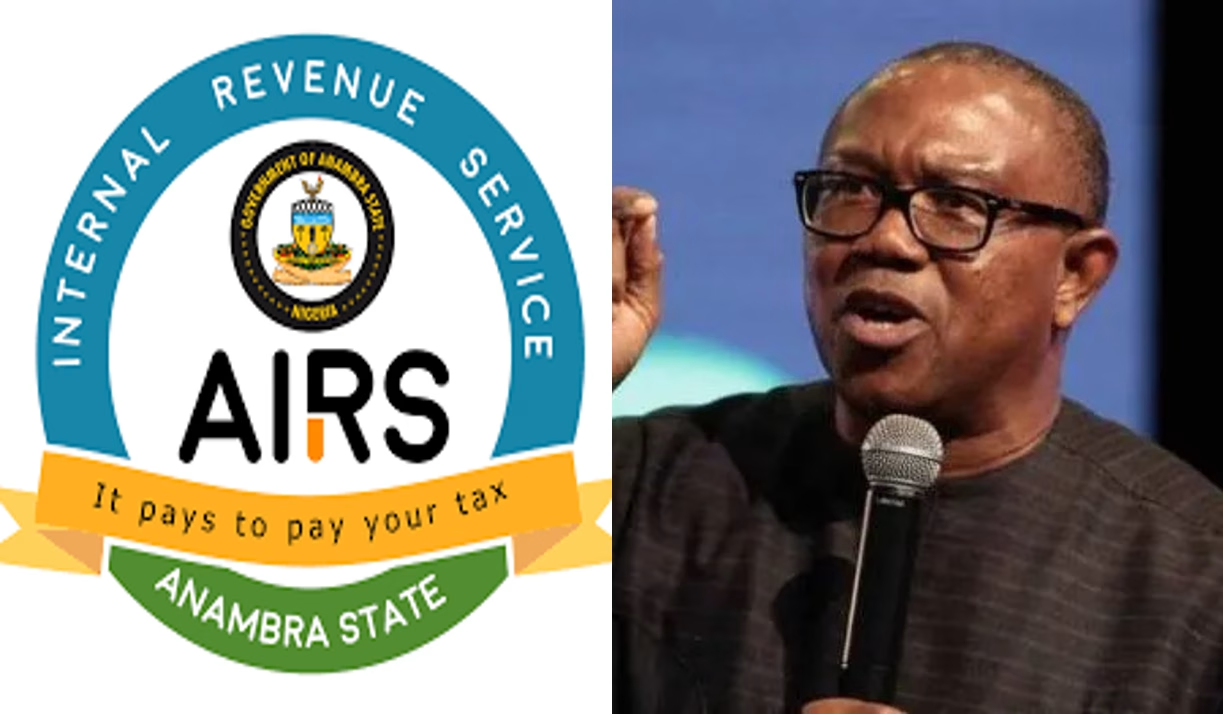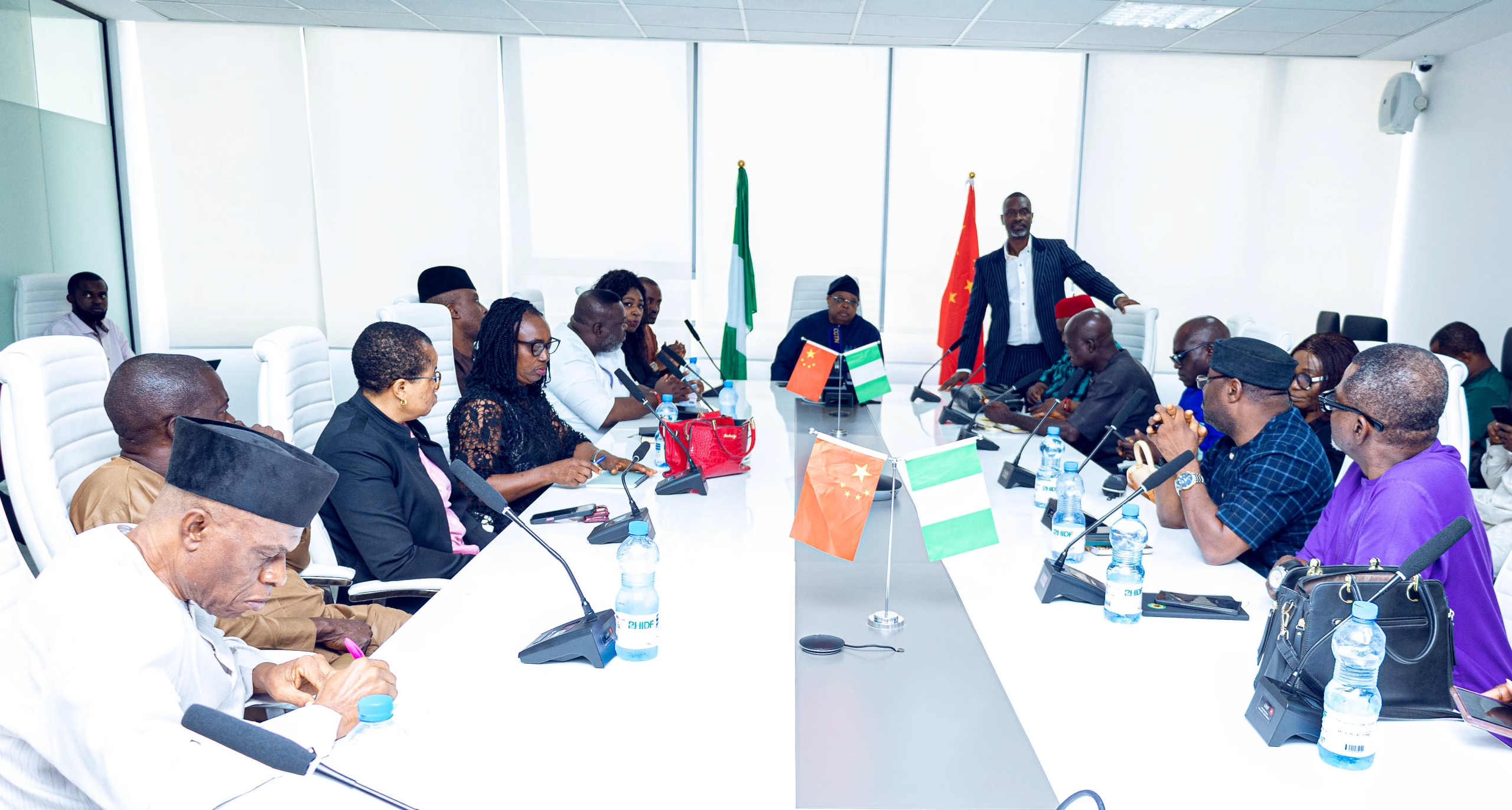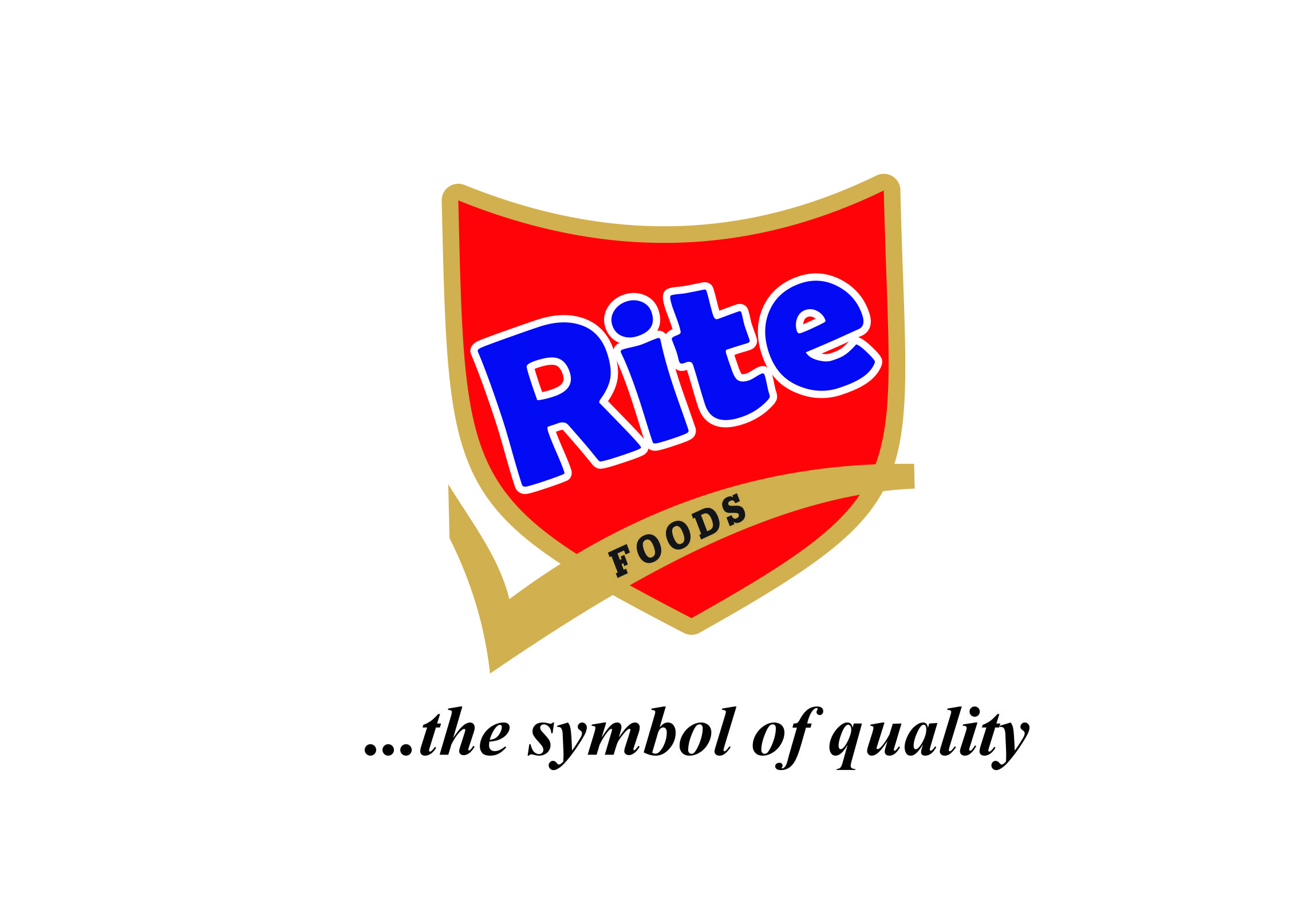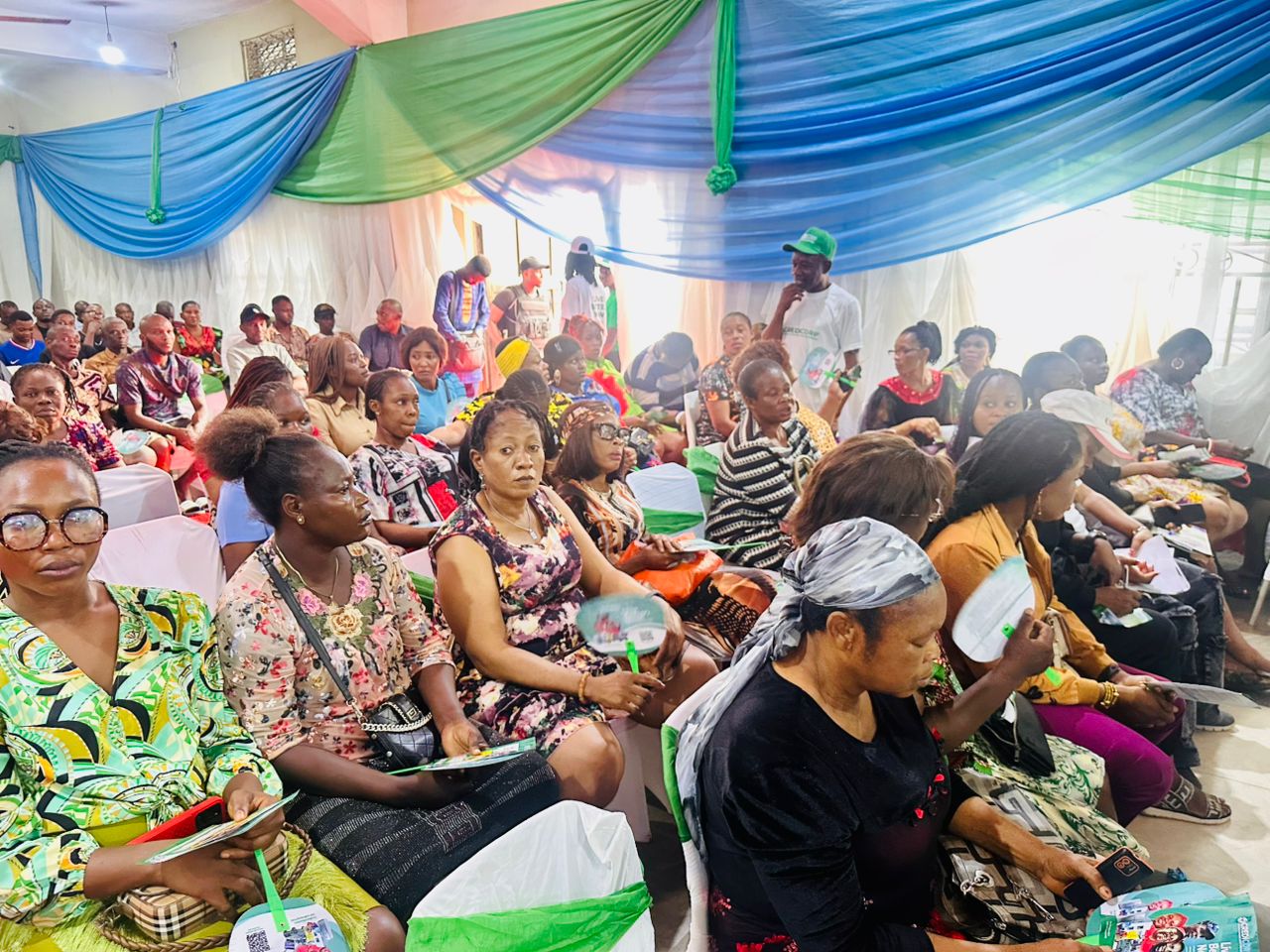Loan apps on Play Store will lose their ability to access their users’ contacts or photos from May 31, 2023.
This came as the Federal Government said it would enforce the latest policy by Google, saying the action was consistent with the Nigerian authorities’ move to curtail the invasion of customers’ privacy by loan app firms.
The Federal Government had in recent time taken major decisions aimed at tackling the violation of customers’ privacy by loan apps. Notably, the Federal Competition and Consumer Protection Commission had recently registered 170 loan apps out of the 200 operating in the country.
In its April 2023 policy updates, Google said the new policy update would provide respite for loan app users in Nigeria and other places that have become accustomed to crude loan retrieval methods employed by most, in its April 2023 policy updates, said the new policy update would provide respite for loan app users in Nigeria and other places that have become accustomed to crude loan retrieval methods employed by a majority of loan apps.
Google said, “Policy preview (effective May 31, 2023): This article previews changes included in our April 2023 policy updates.
“We are updating our personal loans policy to state that apps aiming to provide or facilitate personal loans may not access user contacts or photos.
“We are introducing additional requirements for personal loan apps targeting users in Pakistan. Personal loan apps in Pakistan must submit country-specific licensing documentation to prove their ability to provide or facilitate personal loans.”
This new policy is coming after the firm announced updates to its Developer Programme Policy, mandating digital money lenders in Nigeria, India, Indonesia, the Philippines, and Kenya to conform to regulatory rules or be taken down by January 31.
According to the firm, only digital money lenders that have adhered to and completed the Limited Interim Regulatory/Registration Framework and Guidelines for Digital Lending, 2022 (as may be amended from time to time) by the Federal Competition and Consumer Protection Commission and obtain a verifiable approval letter from the FCCPC will be allowed on Play Store in Nigeria.
Commenting on the new policy to The PUNCH, the Chief Executive Officer of the FCCPC, Babatunde Irukera, stated that it was a welcome development and shows that Google was institutionalising its regulatory policy.
He said, “It is a welcome development effort and is consistent with the position the FCCPC has taken and what we are enforcing.
“Google is now institutionalising our regulatory effort as a policy, which is very welcome. It is certainly important for proper regulatory oversight of the industry, and we commend Google for taking a position that is consistent with our position as regulators.”
He added, “Recall that we took this position earlier and what has happened is that Google has looked at the regulatory landscape, looked at the regulatory priorities, and is supporting those priorities by institutionalizing those regulatory priorities and position.”
The FCCPC recently stated that it has approved 173 digital lending applications to operate in the country. 119 of these got full approvals while 54 got conditional approvals. This move became necessary after loan apps started harassing Nigerians by sending defaming messages to their contacts, and more.
The commission’s ‘Limited Interim Regulatory/Registration Framework and Guidelines for Digital Lending 2022’ is an attempt to regulate the digital lending space and make registration and approval a prerequisite for companies seeking to operate in the space.
Although, Google’s policy states that it does not “allow apps that promote personal loans that require repayment in full in 60 days or less from the date the loan is issued,” many loan apps in the country do not adhere to it, exposing many Nigerians to confidential data leak.
Speaking recently on Arise TV on how the recent registration drive of the commission will protect the privacy of Nigerians, Irukera stated, “We also want to restrain what kind of information they are able to pull off people’s phones and what they are able to do with that information, especially with respect to making contact with people on the contact list, and their loan recovery practices; the kind of language the times they call, what kind of things they say.”
































